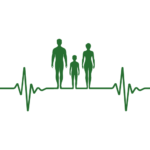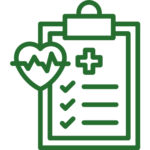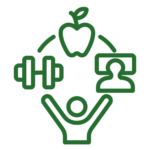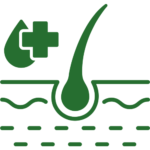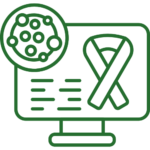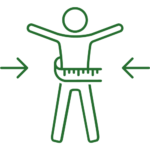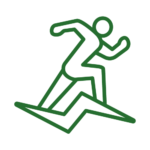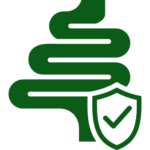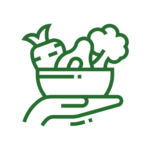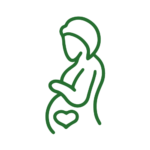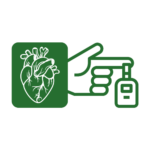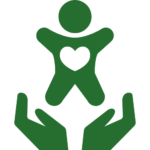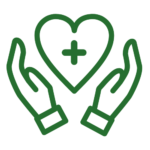Food Poisoning
WHAT’S THE CAUSE?
Food poisoning, also known as foodborne illness, is caused by eating contaminated food. Infectious organisms — including bacteria, viruses, and parasites, or their toxins — are the most common causes of food poisoning.
Contamination can happen at any point during food production: growing, harvesting, processing, storing, shipping, or preparing. The organism responsible, the amount of exposure, your age, and your health generally determine the severity of the illness.
SYMPTOM
That can start within hours of eating contaminated food, vary with the source of contamination.
- Nausea
- Vomiting
- Watery diarrhea
- Abdominal pain and cramps
- Fever
Seek immediate treatment for severe signs and symptoms, which may include an inability to keep liquids down, frequent vomiting, blood in vomit or stool, severe abdominal cramping, and a temperature higher than 101.5 F (38.6 C).
The most common serious complication of food poisoning is dehydration — the severe loss of water and essential salts and minerals. Signs or symptoms of dehydration include excessive thirst, little or no urination, severe weakness, dizziness, or lightheadedness. Severe dehydration may require hospitalization.
TREATMENT
Depending on your symptoms and their severity, your doctor may conduct tests, such as a blood test or stool culture to identify the microorganism responsibly and confirm the diagnosis.
For most people, the illness resolves on its own within a few days, though some types of food poisoning may last longer.
- Replacement of lost fluids. Fluids and minerals such as sodium, potassium and calcium that maintain the balance of fluids in your body need to be replaced. Drink water, clear soda or noncaffeinated sports drinks, such as Gatorade.
- Antibiotics. Your doctor may prescribe antibiotics if you have certain kinds of bacterial food poisoning and your symptoms are severe. Generally, the sooner treatment begins, the better. During pregnancy, prompt antibiotic treatment may keep the infection from affecting the baby.
- Anti-diarrheals. Adults with diarrhea that isn’t bloody and who don’t have a fever may get relief from taking the over-the-counter medication.
Self-care. To keep yourself comfortable and prevent dehydration:
- Let your stomach settle. Don’t eat and drink for a few hours. Suck on ice chips.
- Rest. The illness can weaken and tire you.
- Ease back into eating. Eat bland, easy-to-digest foods, such as soda crackers, toast, and gelatin. Until you feel better, avoid dairy products, caffeine, and fatty or highly seasoned foods.
Excerpt From: The Mayo Clinic. “Mayo Clinic A to Z Health Guide”.
